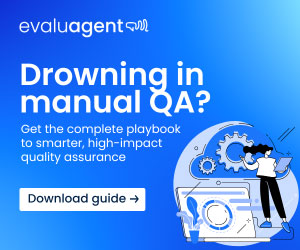Want to get people to listen to you? Remember that the sound of the words you use is as important as the words you choose.
I’ll confess. I never considered how important the sound of our voices can be until recently.
I was attending a presentation on personal finances, hosted by a speaker who had an impeccable credentials and a great reputation. But minutes into his lecture, my mind began to wander… and wander and wander .
No matter how hard I tried to concentrate on his words, I just couldn’t. Something kept driving me away.
I finally realized what it was. His voice.
It didn’t match what I was expecting. Here was a big-time personal-finance guy with a big-time reputation, and I anticipated a voice to match.
Instead, his voice was thin, nasal and monotone. His words quickly ran together: “It’s-critical-to-have-a-balanced-portfolio-to-weather-the-ups-and-downs-of-the-market ”
That experience demonstrated not only how vital our voices are, but also how important the sound of them can be. Without question, our voices are the most powerful sounds in the world. They can start conflicts or resolve them, belt out a hearty greeting or whisper a heartfelt “I love you.”
Speak So Others Will Listen
As speakers, we can’t simply force people to listen to us; we need to engage them. We do that with what we say and the tone with which we say it. In a popular TED talk not long ago, noted sound consultant Julian Treasure offered some outstanding insights on how to speak so others will want to listen to us.
Research shows – and I can attest – that listeners pay increased attention to voices that sound most pleasing to their ears. Low, booming voices that emanate from the chest project power and authority. (It’s even been shown that we’re more apt to vote for politicians who have deep voices.) Voices that are rich, warm and smooth tend to engage us and hold our attention.
The role voices play in our lives is only growing because we’re surrounded by more and more of them. And not just human ones; we’re increasingly hearing what I like to call “voice engines.” They’re the automated ones that provide navigation directions in our cars, give instructions when visiting the ATM at our local bank and challenge us to work out harder in our sports apps.
It seems to me that they face the same challenge that human voices do: How to grab attention and hold it. Depending on the context, these voices need to be powerful enough to draw our interest while pleasing enough to hold it.
If not, we’ll find our minds wandering, just as mine did during the financial presentation. Just think: How hard would you work out if the voice accompanying your sports app sounded boring and unexciting? I know I wouldn’t run an extra half mile or pedal another five minutes for a dispirited voice.
And could you imagine trusting a navigation app that sounded tentative and unsure of itself? It’s the last voice I’d want guiding me to an unfamiliar place.
So whether the voice is human or otherwise, it isn’t just what you say it’s also how it sounds when you say it.
Author: Guest Author
Published On: 28th Apr 2016 - Last modified: 6th Feb 2019
Read more about - Archived Content




























